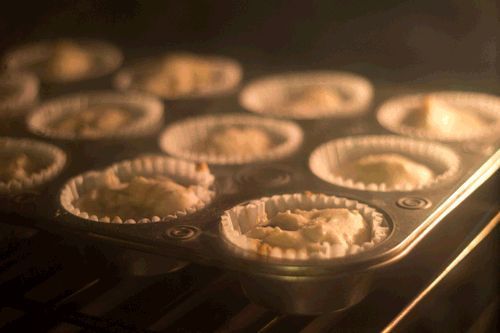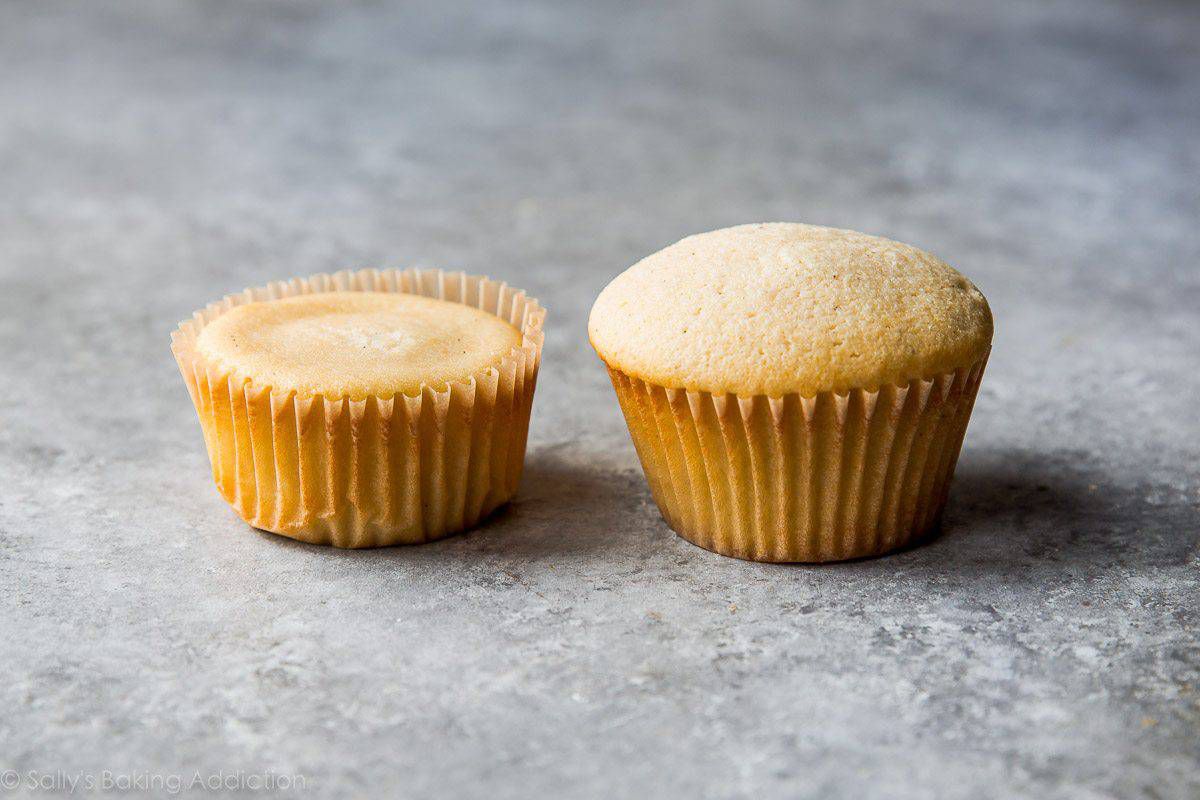BAKING AGENT WITHOUT YEASTS : PHOSPHATES

Phosphates are the raw materials used in almost all foods and are obtained from the reaction of phosphoric acid with various salts. Basically, they work as buffers (pH regulators) and are therefore used to stabilize the structure of foods. Some phosphates prevent the retention of moisture in powdered foods, while some phosphates (especially in the meat sector) increase the water holding capacity. In pastry, unleavened pastry, which we can define as chemical baking, plays a role in volume gain.
If we look at the bakery in a little more detail, phosphates are acids in the reaction that produces carbon dioxide gas. This reaction is briefly
Acid + base + energy (heat) = carbon dioxide + water
The generally preferred phosphate is sodium acid pyrophosphate. The base may be sodium or ammonium bicarbonate. It is necessary to know the ratio of acid and base to ensure the full efficiency of the reaction and not to use excess raw material. The neutralization value of sodium acid pyrophosphate, known as SAPP, is 72. On the other hand, the neutralization value of sodium bicarbonate used as a base is 100. To achieve 100% neutralization in this case,
72 x SAPP dosage = 100 x sodium bicarbonate dosage
equation above is needed. It means one unit of sodium bicarbonate neutralizes around 1.4 units of SAPP.
However, the SAPP variety is different for each bakery product. SAPP 28 is the most common type in Turkey, but it is not proper for the products called "french patisserie like cupcakes, muffins, etc. It is recommended to use different SAPP types with different reaction speeds for those products. For more detailed information, samples, and other requests, please contact us.

